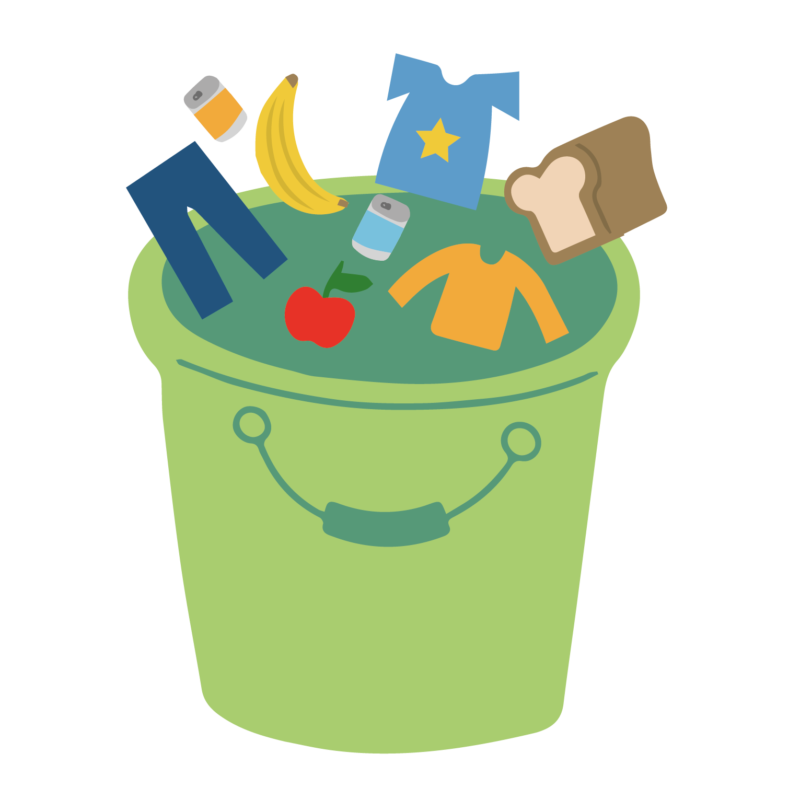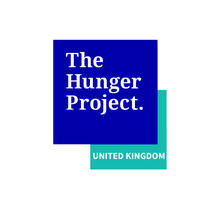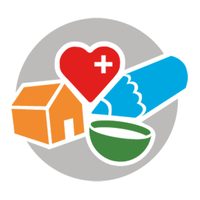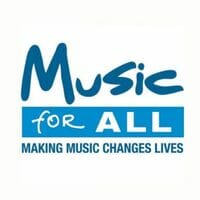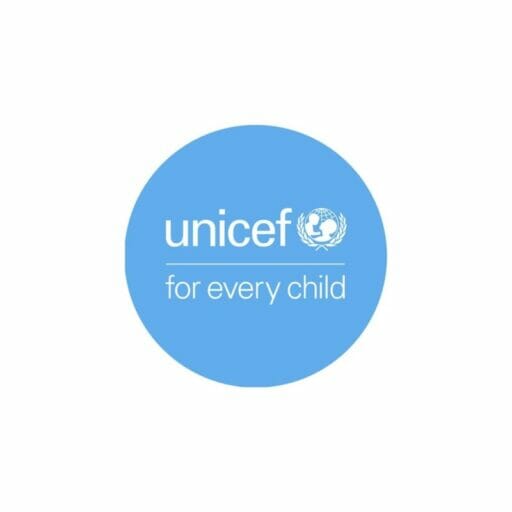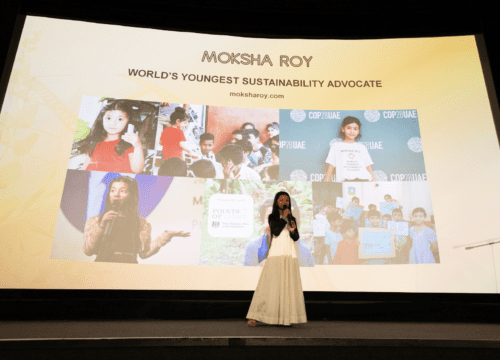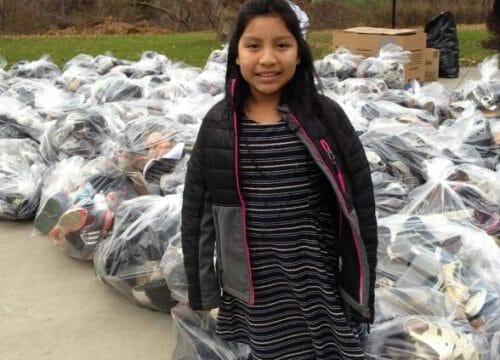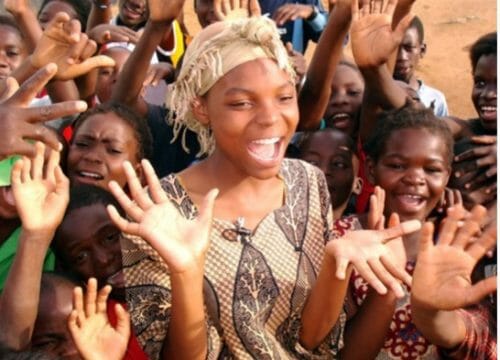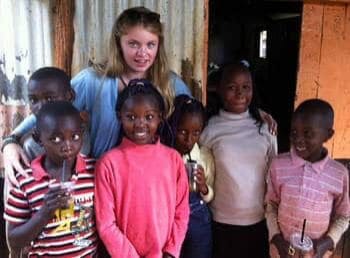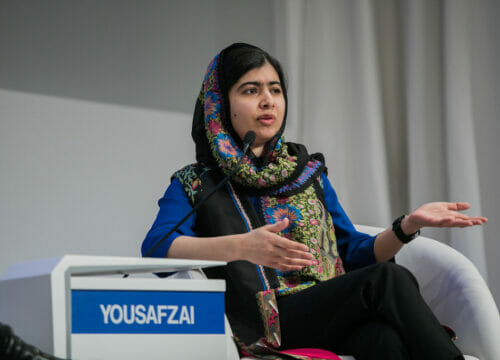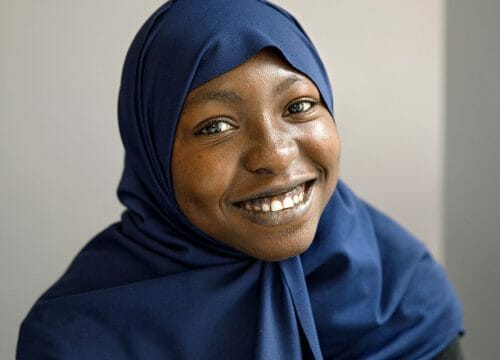CRRU is a marine conservation charity dedicated to the study, conservation and understanding of UK whales, dolphins and porpoises (cetaceans) in northeast Scotland through scientific research, environmental education and the ...
Quality Education
Access to quality education for all children

1. THE PROBLEM
Why is education important?
A good quality education can open many doors in life. It provides us with the knowledge and skills to help us secure jobs and earn money. But not everyone has the same chances to learn.
People miss out on a quality education because of things like their gender, special educational needs, war, hunger and poverty.

2. The Solution
So what can we do to help?
To make sure that everyone has access to the education that they deserve we need to raise awareness about the importance of education, direct funding towards education and continue to support learning in areas of conflict and crisis.

3. Take Action
There are lots of ways that anyone, including you, can make a difference in ensuring quality education for all. For example, you could: donate textbooks and other educational resources or volunteer your time to help other students with their learning.
Everyone can take action to make real change. What will you do?

4. CHARITIES
There are lots of charities that need your help to ensure good health for all.
For example, The Children’s Book Project and Books2Africa collect donations of books and educational resources and donate them to those in need while Freedom4Girls provide period products so that girls can go to school while on their periods.
See how you can support them in their amazing work.
Do you have a favourite sport that you like to play or a hobby that you like to do? Maybe you can play football, or dance, or play the piano. You’re probably good at it (or becoming better at it) because you’ve been educated in it! Even if you haven’t had lessons, you’ve probably figured things out and read up about it. You might have watched videos or asked someone to help you. There are many ways to learn and once you’ve learnt, that knowledge belongs to you and nobody can take it away.
When you’re armed with knowledge about something, you can do useful things with it. For example, if you have knowledge about how to fix a computer, you can go out and fix computers. When you put your knowledge to work, you become better and better at using it. After fixing one computer, you might not be so good at it. But after fixing a hundred, or a thousand computers, you’ll start becoming really good at fixing them – someone would say that you have a skill: you can fix computers.
Education is powerful because when you are educated, you gain knowledge and when you put that knowledge to work, it becomes a skill.
A good quality education that gives you knowledge, skills and the ability to think for yourself can open many doors in life! Better educated people are more likely to find employment and earn more money. They are also more likely to live a longer and happier life.
The problem
130,000,000
GIRLS ARE OUT OF SCHOOL BECAUSE OF THEIR GENDER
27,000,000
CHILDREN ARE OUT OF SCHOOL BECAUSE OF WAR
66,000,000
CHILDREN GO TO SCHOOL HUNGRY
Not Everyone Has the Same Chances To Learn.
There are many reasons why people might not be able to get a quality education. These may include:
Fact: 130 million girls are missing out on education because of their gender.
All around the world, fewer girls attend school than boys. Girls are often excluded from school simply because they are girls and because sending girls to school isn’t part of the culture or religion they were born into.
At other times, poor families may choose to prioritise educating boys and save money on the girls because they (incorrectly) believe that girls are less intelligent and can’t learn so well. That’s why girls are sometimes told to stay at home and do chores or work to earn money.
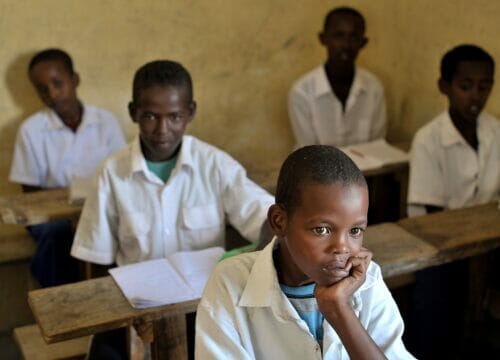
When girls go through puberty and they start getting their period, this can be a big hurdle to them getting an education. Some girls cannot afford period products which makes it harder for them to get on with their daily lives and do things like going to school. Many girls drop out of school completely once they start getting periods, while others miss out on 10-20% of school days (that’s between 2 and 4 days of school missed every month!). It’s really hard to catch up on so much missed schoolwork, so that makes it nearly impossible for them to finish secondary school.
Even in countries such as the UK, where girls have the same opportunities to get an education as boys, gender norms suggest that girls cannot take part, or do well in, STEM (Science, Technology, Engineering and Mathematics) subjects.
Fact: 86 million children are out of school because they have a disability.
Children who have special educational needs are often excluded from mainstream schools because planning for and addressing their needs is complex and expensive.
Special educational needs can take many different forms, they could be:
- learning difficulties (such as dyslexia, or even autism)
- physical disabilities (such as being in a wheelchair)
- or even severe food allergies (such as anaphylaxis).
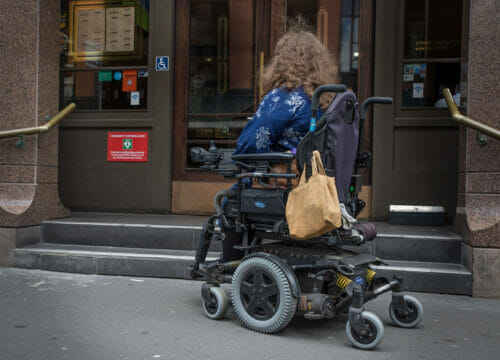
In many developed countries, such as the UK, children with special educational needs are being included in mainstream education and supported in a way that can help them. However, in nations that aren’t well-developed yet, these children are excluded from the education system. Everyone, no matter who they are and whether they move, see, hear, or think like everyone else or not, should be given a chance to reach their full potential.
Fact: 27 million children are out of school because they live in conflict zones.
Children living in areas of war are likely to miss out on long periods of school. This may be because their schools are damaged or used by military forces. It might also be too dangerous to leave the house and walk to school in an area of conflict.

Fact: 66 million children go to school hungry.
When you’re hungry, just before lunch, it’s really hard to concentrate and learn. So when you’re really, really hungry and you’ve skipped the last two meals (maybe even more), it becomes nearly impossible to learn anything. Although some countries, particularly poorer countries, have more hungry children than other countries, there are hungry children everywhere. You might be surprised to hear that in a relatively developed country such as the UK, 1 in 7 children goes to school hungry. While these children are able to attend school, they will not benefit from quality education.
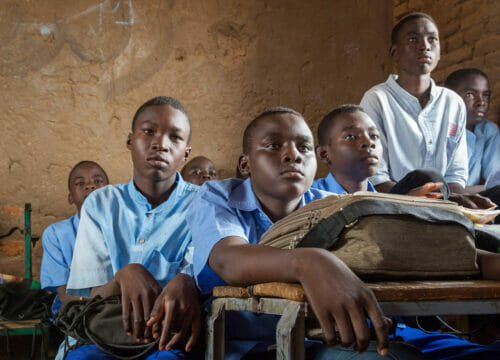
Every person in the world has the right to have a free primary school education. But the reality is that not all countries can give this to their children.
Many countries that aren’t well-off can’t afford to build many new schools. This means that in some countries, schools are far apart and children may have to walk up to three hours a day to get to school. Some schools do not have enough of the basic things they need, like textbooks, pencils, paper, desks and chairs. Sometimes, there aren’t proper buildings to learn in, so children are forced to learn outside. It’s quite hard to learn in the scorching sun or pouring rain. There might also not be enough trained teachers and the country cannot afford to train teachers. This means that many teachers in these countries are untrained and they can’t teach children the way they deserve to be taught.
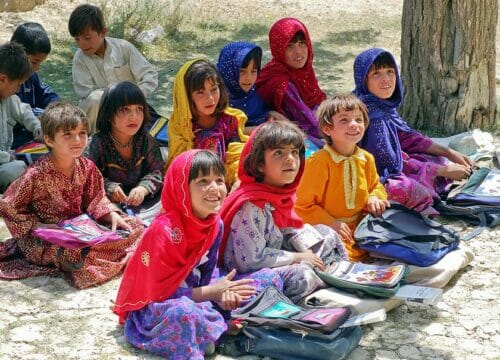
As to secondary and tertiary education, even fewer countries offer this for free, meaning that many students can’t access it. Without secondary and tertiary education, people are often stuck in low-paying jobs, which traps them in a cycle where they and their future families cannot access higher education and better jobs to escape poverty.
A Day in the Life of Okello Preska
Watch a video of a day in the life of Okello Preska, a young girl living in Uganda (in Africa). Think about the differences and similarities between her daily routine and the school that she goes to, compared to yours.
Take a Guess
The Solution
The good news is that people are more and more aware of the barriers to education and the need to address them.
For the moment though, the barriers still remain. To make change happen we need:`
1. More Understanding About How Important Education Is
This can be done through speeches, community visits or discussions and posters.
Spreading the word about education may help families and communities to prioritise sending children to school. When families start to recognise that education will help them for many years into the future, they might accept that it’s a good idea to send children to school now so that they can earn more later. Teaching families about this might work especially well in countries where girls are missing out on an education because they have to do chores at home.
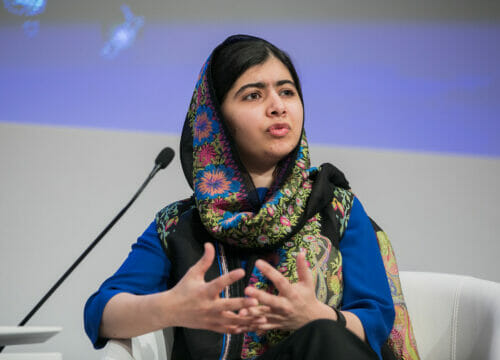
2. Funding
Certain organisations can (and already do!) provide funding to ensure that money is no longer a barrier to education. This money can be used to pay for things like:
Schools need money to buy textbooks, pencils, paper, internet subscriptions, computers, desks and chairs. Some schools may even buy period products so that girls can feel comfortable at school even when they are on their periods.
Schools need money to make sure their buildings are ready for all students to learn well. For example, they may need to be changed so that students with disabilities can move around easily. This might include fitting a ramp or a lift in places where there are stairs.
Schools need money to offer lunches to children so that they can receive at least one healthy cooked meal every day to fuel their brains.
Money is needed to provide education for everyone, including those who do not have the money to pay for it themselves. Primary school education is paid for by the government in nearly all countries but many governments cannot pay for everyone to go to secondary school. For access to secondary school to be equal, grants and scholarships must be made available. Grants and scholarships should also be made available to pay for further education (such as going to university) which is usually paid for by the students or their families.
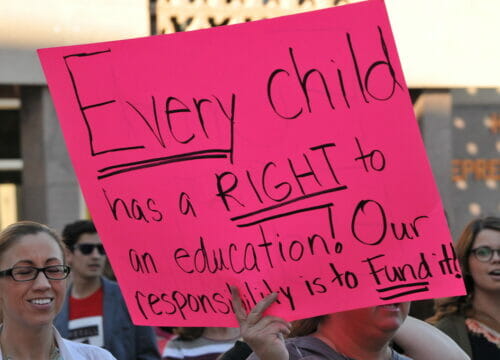
3. Continue To Support Learning in Areas of Conflict and Crisis
This might include designing lesson plans for learning at home, providing learning materials for learning at home or building temporary learning spaces to replace schools. Supporting learning through times of conflict (such as war) and crisis (such as the Covid-19 pandemic) ensures that children can keep learning and maintain their usual routine.
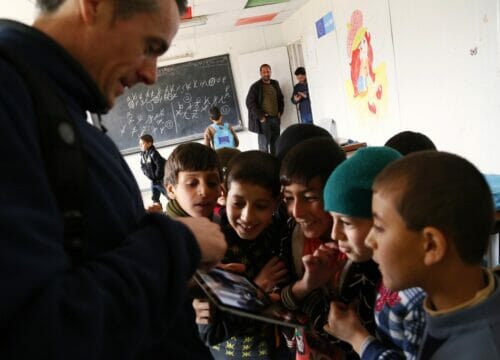
Take action
Now that you understand a bit more about the problems with Quality Education around the world, it’s time to make a difference. If you want to do something practical to help, the power is in your hands. Take a look at some ways you can take action right now.
Fundraise
- You can make a massive difference in somebody’s life by doing fundraising for charities that work to improve access to education. Some of the things the money you raise can achieve.
- £3 provides period products for a girl for a month
- £5 ships 10 donated books to a school in Africa
- £10 provides a ‘school-in-a-bag’ kit so that children living in areas of conflict can continue to learn.
- £75 provides exercise books for 180 children and pencils for a whole school
- £17,000 pays for a teacher to be trained

- Write a letter to your headteacher to make sure that your school is inclusive of all children. For example, you may want to ask your headteacher to make sure that you have toilets for people with disabilities and ramps or lifts for wheelchair users. Don’t forget to ask what the school is doing for those with dyslexia, or hearing and vision problems. When you write the letter, do remember to offer your help and say thank you for everything the school is already doing for you and your fellow learners.
- Write a letter to your headteacher to ask if they can provide period products for girls at school. This will help girls access period products so that they can go to school whilst on their period.
- Volunteer your time to help other students with their learning. For example, you could help younger students with their homework or help them learn to read.
- Make a poster about inspirational men and women who work or worked in STEM (Science Technology Engineering and Mathematics) so that everyone can understand that both boys and girls can do STEM subjects.
- Talk to your friends and family about inclusivity in education. Tell them about how not everyone has equal access to education. You might like to share some shocking statistics with them. Help them come up with ideas of what they could do to include people.
- Start a science or technology club. This could be a club where you conduct science experiments or make electronics. Make a special effort to make the club as inclusive as you can, emphasising that EVERYONE can do science. Remember to get a teacher involved, as the most fun science experiments often need supervision!
- Donate educational resources that you no longer need to charity. These include books, computers and mobile devices, projectors, DVDs, shoes, sports gear, bags, toys and games. Books 2 Africa collects your donations in the UK and sends them to schools that need them in Africa. Books2Africa can collect them from your home for £7 per box, or you can drop them off at a drop off location in Canterbury. If you are feeling particularly enthusiastic you could organise a school supply drive. This would include leaving a donation box somewhere at your school and spreading the word via posters, email, social media and assemblies to ask your schoolmates to donate.
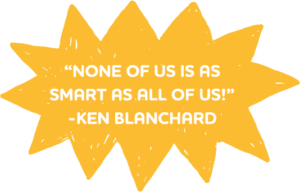
If you have any other ideas of SuperKind things people can do to help achieve quality education for all, we would love to hear from you here.
Support These Amazing Charities
BulliesOut
BulliesOut was established in 2006 and is one of the UK’s only charities dedicated to standing up against bullying. Our award-winning work supports thousands every year, with workshops, training, counselling, ...
Anti-Bullying Alliance
At the Anti-Bullying Alliance (ABA) we work tirelessly to unite against bullying and create environments where children feel safe to be themselves without fear of bullying be it online or ...
BookTrust
BookTrust is the UK’s largest reading charity, transforming children’s lives through reading. With your help, we can ensure that nobody misses out on the life-changing benefits that reading brings.
<ul ...The Hunger Project UK
Ending hunger starts with people.
Resilience. Courage. Ingenuity. Creativity. People are extraordinary. With your support, The Hunger Project works with communities across Africa, South Asia and Latin America to ...
Coram Beanstalk
Coram Beanstalk helps children improve their reading ability and confidence through the one-to-one support of reading volunteers. This makes them more confident readers and improves their performance in school.
MYTIME Young Carers
We Believe that no child’s destiny should be defined by their beginning.
We fight for the rights of young carers to ensure they receive the support, opportunities and friendship that ...
United World Schools
We teach the unreached, as an international education charity that builds schools, empowers communities and transforms children’s lives.
The National Literacy Trust
The National Literacy Trust is an independent charity that empowers children, young people, and adults with the literacy skills they need to succeed.
African Children’s Fund
At African Children’s Fund, we work with partners in Kenya, Tanzania, Uganda and Zimbabwe who focus on helping children to go to school. School helps children improve their lives and ...
Education For The Children Foundation
The Education for the Children Foundation has worked with disadvantaged young people and families from Jocotenango, Guatemala since 2003 to access quality education and comprehensive care. Through a highly individualised ...
Youth Sport Trust
The Youth Sport Trust is the UK’s leading children’s charity for improving the education and development of every child through play and sport
Music For All
Music for All is dedicated to changing lives across the UK by improving access to music making. Over the past five years alone we have awarded over £300,000 in cash ...
Happy Days Childrens Charity
Happy Days Children’s Charity supports children living with mental, physical and emotional challenges by organising and funding special days out, fun activities and memorable holidays. With your help, we were ...
Children’s Book Project
The Children’s Book Project is a charity that aims to make sure every child has their very own books to read and enjoy. 📚✨
Freedom4Girls
Freedom4Girls are a UK-registered charity fighting against period poverty. Founded in 2016, we have been working tirelessly to end period poverty in the UK and Kenya. We help those without ...
Books2Africa
Books2Africa’s mission is to promote recycling and improve the quality of education in Africa, through the collection, processing, shipping and distribution of quality books, computers, and educational materials
Change-Makers
Here are some amazing young people who cared about educating the world and took action to make change happen. These change makers were all passionate about the same cause but used their unique skills to make change happen in different ways.
Everyone can help make a difference. Consider what your unique superpower might be. Are you someone with a strong voice who likes to spread awareness by talking to everyone you meet? Or do you prefer a behind the scenes approach – making sure that donations are collected to take to those in need?
Moksha Roy
The world’s youngest sustainability advocate – working to make the world a better place since she was 3 years old.
Jakomba Jabbie
Inspiring girls to learn about and aspire to work in science and technology subjects since she was 16 years old.





